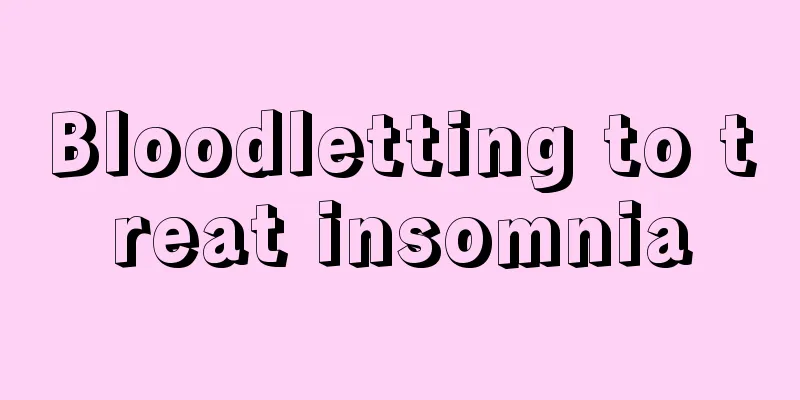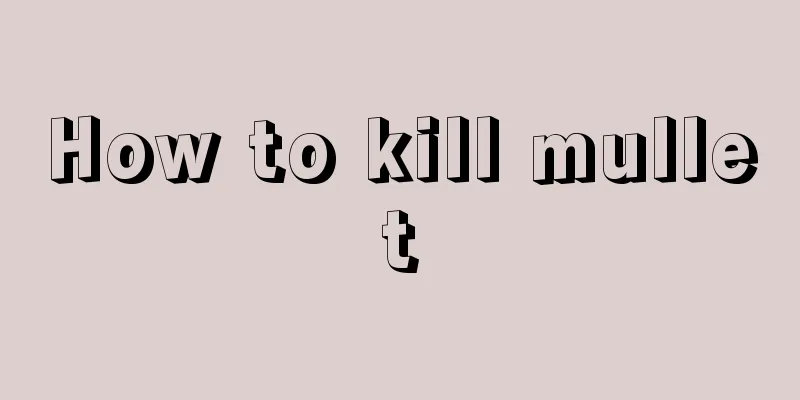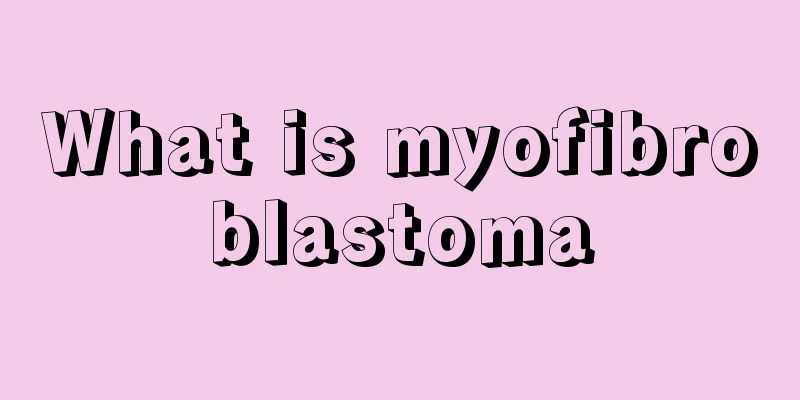Bloodletting to treat insomnia

|
Insomnia is easy to develop but difficult to treat. There are many reasons that lead to insomnia, such as encountering quite difficult things. If it is not effectively treated, insomnia will definitely continue to exist. This characteristic causes many people to suffer from insomnia for a long time, which is quite painful. There are many treatments for insomnia. Some people have tried bloodletting to treat insomnia with good results. We can learn about this method. The earliest written record of bloodletting therapy in traditional Chinese medicine can be found in the "Yellow Emperor's Internal Classic", such as "puncturing the collaterals means puncturing the blood vessels in the small collaterals" and "if the blood is old, it should be removed to expel the bad blood." This method is a therapeutic method that releases a small amount of blood by acupuncture certain acupuncture points or small veins on the body surface. The use of bloodletting therapy to treat insomnia is mainly based on the principles of meridians in traditional Chinese medicine. When treating insomnia, you only need to perform acupuncture on the acupoints next to the fingernails to release a few drops of blood. Generally, the treatment is done twice a week. It has little trauma, no toxic side effects, and is usually effective after a few times. What to do if you have insomnia Good at overall planning The feeling of “being in control” can be a great stress reliever in itself. Accepting the things you face selectively rather than passively may make people feel a lot more relaxed. The best way is to make a list according to the importance of things. This can not only provide an overall plan, but also help break down a seemingly disorganized pile of problems into several specific small things, making it much easier to deal with them one by one. As you complete one item, cross it off your list, and the sense of accomplishment you’ll get from doing so will be enough to motivate you to continue doing so. Talk to others when you are confused When "stress-free" people feel confused, difficult or sad, they will always seek help from their friends without hesitation. When things become very difficult or you are in a state of anxiety, confiding in a friend, just the act of talking, can bring relief, and you may even get some good advice. Try to stay positive "Stress-free" people firmly believe that things will always develop in the direction they want. So, always imagine the best outcome with the most optimistic attitude. Everything that needs to be done is already in progress, and even if there is trouble, we will definitely readjust the status quo as quickly as possible. Never delay Don’t put off until tomorrow what can be done today, and don’t put off until several hours later what can be done then. Because many things are left undone, which in itself can cause tremendous psychological pressure. Good at assigning tasks “Stress-free” people never feel that they have to do everything themselves. When it comes to assigning tasks, many people think that it is the job of the boss to his subordinates. In fact, in addition to assigning tasks to subordinates, you can also assign them to your colleagues or partners, or to other service agencies. Take deep breaths every day Daily deep breathing can reduce the perceived stress level by half: straighten your back, relax your shoulders, inhale air deeply into your lungs through your nose, concentrate on feeling the air penetrate every cell, then exhale with all your strength, imagining that the pressure in your body is discharged out of the body along with the airflow. Often fantasize about a better future Encourage yourself with the bright prospects after overcoming this difficult time. “Will I still regret this in a month?” “Will I still blame myself for missing this meeting in a week?” “Will I still be mad at my colleague for embarrassing me five minutes from now?” These assumptions that push situations into the future will surely gradually relieve the pressure in front of you. Know when to say “no” When "pressure-free" people feel that they are unable to do so, they will firmly say "no". "I'd love to help you, but I have other things to do." When they are unable to do so or are unable to do anything, "stress-free" people will not try to show off their abilities. When you reject someone, you don't have to explain the reason clearly. |
<<: How to quickly become an alkaline physique
>>: Morita therapy for insomnia
Recommend
What exercise increases hormones
In fact, too much or too little hormone in the hu...
Bloodletting therapy for hyperlipidemia
The effect of bloodletting therapy for hyperlipid...
What does the two lines on the pregnancy test stick mean?
Nowadays, young people always like to pursue exci...
Will eating soybean paste make you fat?
Soybean paste is a condiment made from soybeans. I...
I've been feeling down, irritable and depressed lately
We are more or less not very satisfied in our dai...
Hainan specialty fruits
Everyone knows that there are many fruits in Hain...
Herpes window period
Generally speaking, shingles can be understood th...
Why do I feel like I can’t hold my urine?
Recently, many friends have reported to me that t...
The emergency treatment method after being scalded by boiling water will definitely be useful!
1. Rinse the burned area with running cold water ...
What are the foods with high DHA content
What are the foods with high DHA content? First o...
You need to know these correct care methods for white spots on teeth
Many people do not pay much attention to brushing...
What are the four main causes of frequent toothache?
Have you ever experienced toothache in your daily...
Traditional Chinese Medicine Treatment for Recurrent Lymphoma
Lymphoma is a disease with a high incidence and m...
What is the effective treatment for meibomian adenitis?
The treatment of meibomian adenitis should be car...
Why do patients with kidney disease take hormones
The kidney is a relatively important organ, but i...









